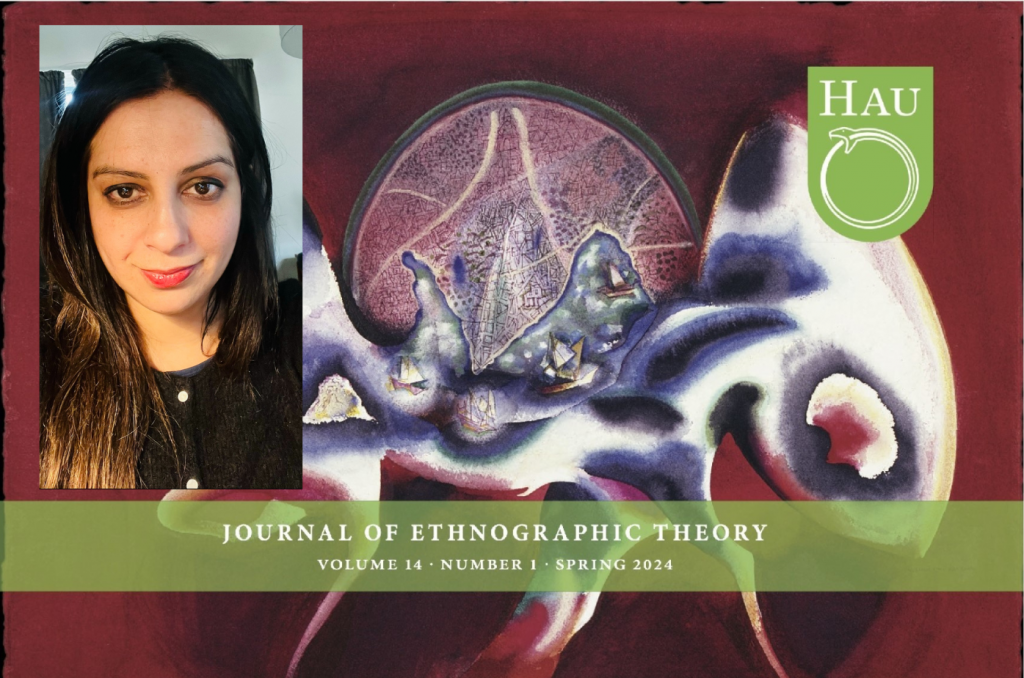Life Member Dr Summer Qassim published in HAU: Journal of Ethnographic Theory
Congratulations to Dr Summer Qassim, who has recently been published in HAU: Journal of Ethnographic Theory! Dr Qassim wrote her article while completing her PhD thesis at Clare Hall.

In her research article, Dr Qassim expands our understanding of digital life by considering how members of a digital self-help platform translate the online training they receive into means and modes of seeking personal fulfillment. This group of globally dispersed women are followers of Katarina “Kat” Phang, a relationship and dating coach who developed a training philosophy, grounded in a Buddhist ethos, known as Feminine Magnetism™. These women each strive for the kind of authentic femininity that will make it possible to sustain committed, monogamous relationships with romantic partners. Anthropologists have typically taken for granted the distinction between offline “real” selves and online “curated” selves, Qassim argues. Drawing on Eduardo Viveiros de Castro’s theory of perspectivism and Marilyn Strathern’s concept of partible personhood, she explores what it might mean to reach what Kat calls “goddesshood”—the stage one reaches after fully absorbing the tenets of Feminine Magnetism™. Goddesshood here implies not only the attainment of authentic femininity but also the dissolution of the distinction between avatar and offline.
“Thank you to my college, Clare Hall, for providing a beautiful home and lawns for my children and I throughout my studies, for research and academic funding, especially a single parent grant to support my studies, and for its Visiting Fellows from all over the world for supplying an intellectually vibrant community on our literal doorstep.”
-Dr Summer Qassim
Dr Qassim is a sociocultural anthropologist and currently Teaching Associate and Affiliated Lecturer in the Department of Social Anthropology at the University of Cambridge, where she also received her PhD. Her research combines the anthropology of ethics and digital anthropology through a focused study on the lived practices of a large, geographically dispersed group of women and their discursive, ethical pedagogical training in their shared, online world, in service of the formation of cultivated, offline, idealized selves. She has long-term ethnographic experience of digital worlds, Syria, and Pakistan.
Read the full article here: https://www.journals.uchicago.edu/doi/epdf/10.1086/730076